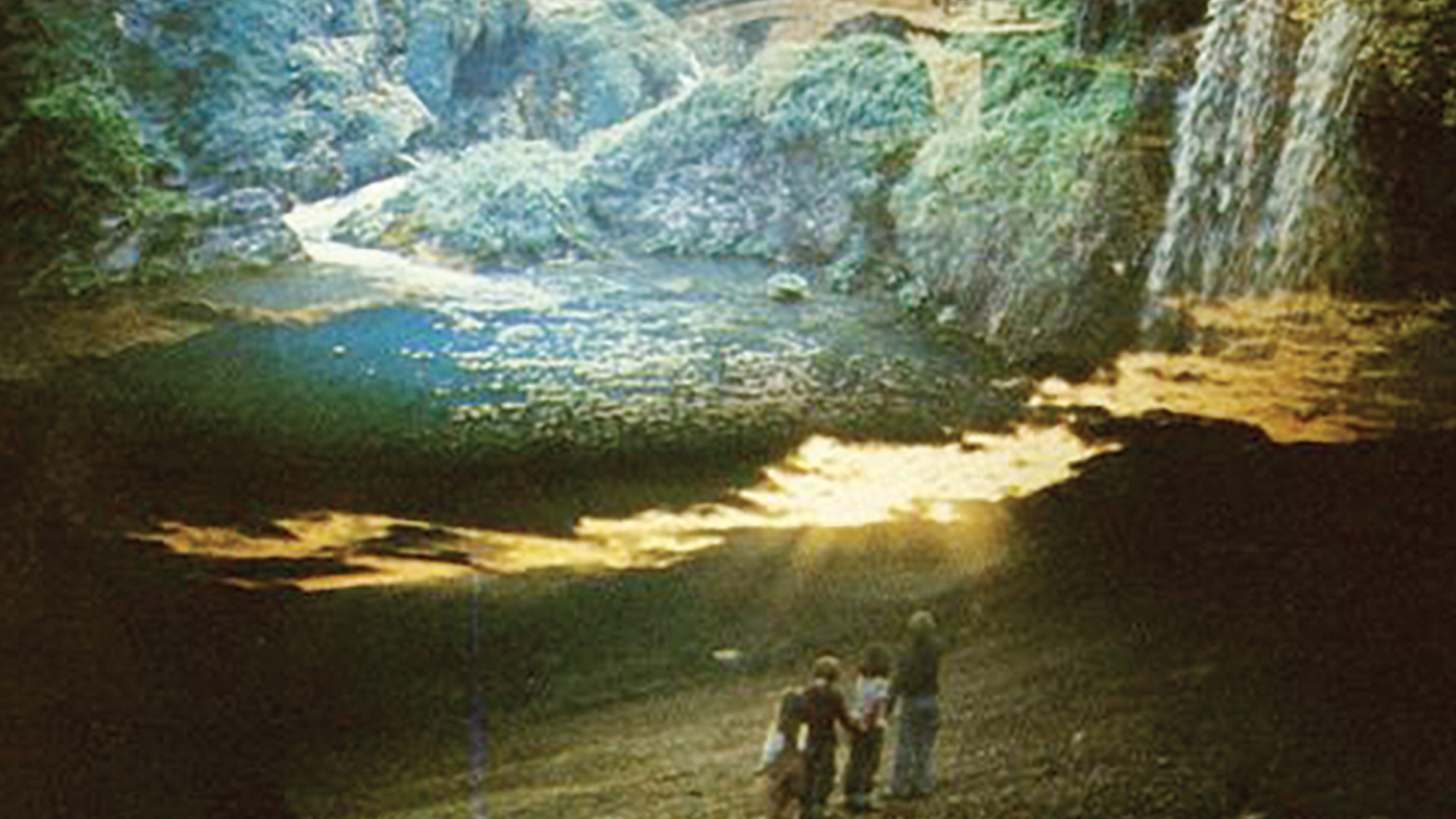Gandalf is Austrian multi-instrumentalist wizard Heinz Strobl, who, after spending the 70s playing in progressive rock bands, retreated to his studio. After his second album Visions became a success, he had an inspired and prolific 80s. Generally labelled (or dismissed) as a ‘new age’ composer, he’s been compared to Vangelis, Jean-Michel Jarre, Bo Hansson and Mike Oldfield, essentially on the basis that he creates flowing, shimmering instrumental soundscapes. Yet his work has a very individual charm, and if you’ve never taken the plunge – perhaps erroneously assuming that he’d be going on about Tolkienesque fairies and goblins – these two remasters offer a realm of riches. Relaxing yet spirited and nimble, his music is a thing of beauty and a well-kept secret that reveals a treasure-trove of little epiphanies.
Unavailable for years, 1983’s To Another Horizon comes with restored artwork, notes and an interview with Gandalf, in which he discusses the album’s themes of ecology, sci-fi and the cold war. The joy of it, however, is its timelessness. As he hungrily but restrainedly combines synthesisers, sitars, guitars and even wind chimes, the music, easily conjuring up visual, cinematic ideas, sounds as fresh as a daisy; timeless even. The following year’s Magic Theatre is even better. Inspired by Hermann Hesse’s psychoanalytic prose Steppenwolf, it has each dramatic track, or movement, going through a different door into the chambers of our subconscious. How very Austrian! He’s a cleverly diverse composer, mixing light and shade and ensuring the music builds in impact. A track such as Loss Of Identity In The Labyrinth Of Delusions is even more intriguing than its title, which is no mean feat. If anything, these early albums best showcase Strobl in his truly progressive, exploratory period, before he began to merit that ‘new age’ label. To a newcomer and convert, it’s magical stuff.

